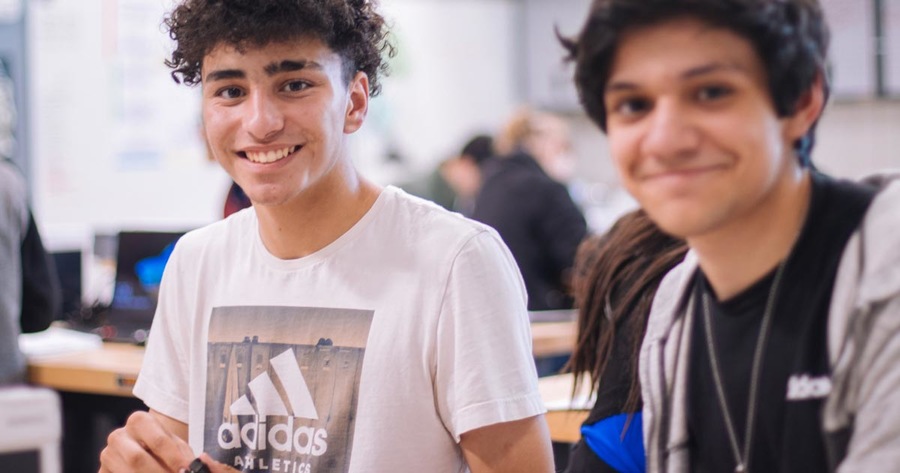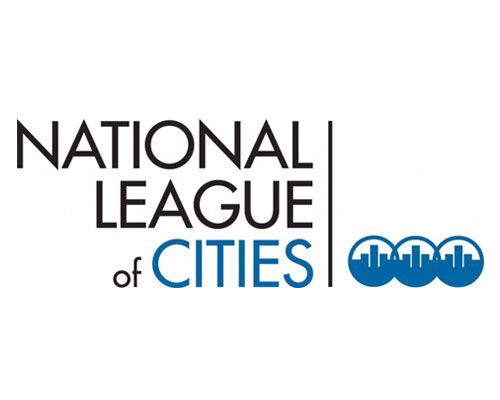The article, authored by Gislene Tasayco, Senior Specialist, and Bela Shah Spooner, Program Director—members of the Education and Expanded Learning team for National League of Cities' Institute for Youth, Education, and Families—acknowledges lack of federal relief for cities. This absence of funding puts afterschool and summer learning programs—which are critical for many families—at risk.
"While cities must now make tough budgetary decisions, local leaders must also weigh the worsening impacts of school closures," the authors wrote, citing The Wallace Foundation report, Getting Support for Summer Learning, for insight to how cities could support afterschool and summer learning programs.
MEASURE AND COMMUNICATE IMPACT
"Municipal leaders can serve as champions by sharing examples of high-quality programming and their effectiveness. They can gain public support for increased investment in programs by sharing how youth providers have served on the frontlines to feed, teach, and provide care to youth during the pandemic," the authors wrote.
According to the article, examples could include personal accounts from community members, data gathered from youth, parents, and program providers, as well as national data and information from The Wallace Foundation, Afterschool Alliance, and others.
AUTHORIZE A CENTRAL BODY TO CARRY OUT PROGRAMMING DECISIONS
The article describes that creating a central body or working group to address afterschool and summer learning programs can help better identify youth and families in need and coordinate services.
"In this effort, cities can leverage expanded learning programs as an efficient system of delivery to get information and resources to families most in need. Cities may also join the district and/or statewide efforts to broaden outreach, inform programming, and advocate for increased funding opportunities."
SET ASIDE DEDICATED FUNDS
"While some cities may be able to leverage district, state, and federal funds, allocating specific municipal dollars to support these programs can support their scale and sustainability. Cities can also pass ballot initiatives to garner new tax dollars to support programs," the authors wrote.
An example given in the article is one of voters in Denver, Colorado using marijuana sales tax to provide $1.5 million annually to expanded learning programs and to train program staff.
INCLUDE YOUTH VOICES IN PLANNING
"As the country continues to grapple with challenges posed by the pandemic, young people are demonstrating leadership in their communities by voicing how the socio-economic effects of this crisis have impacted them," the article states. "City leaders can strengthen efforts to promote afterschool and summer learning programs and public awareness campaigns by including youth voices in solutions."
CULTIVATE RELATIONSHIPS WITH VARIOUS STAKEHOLDERS
The authors explain that cities can be transformed into Community Learning Hubs if city leaders serve as conveners, leveraging the knowledge and resources of all sectors.
To read the article in its entirety, click here.
Courtesy of NAA.


